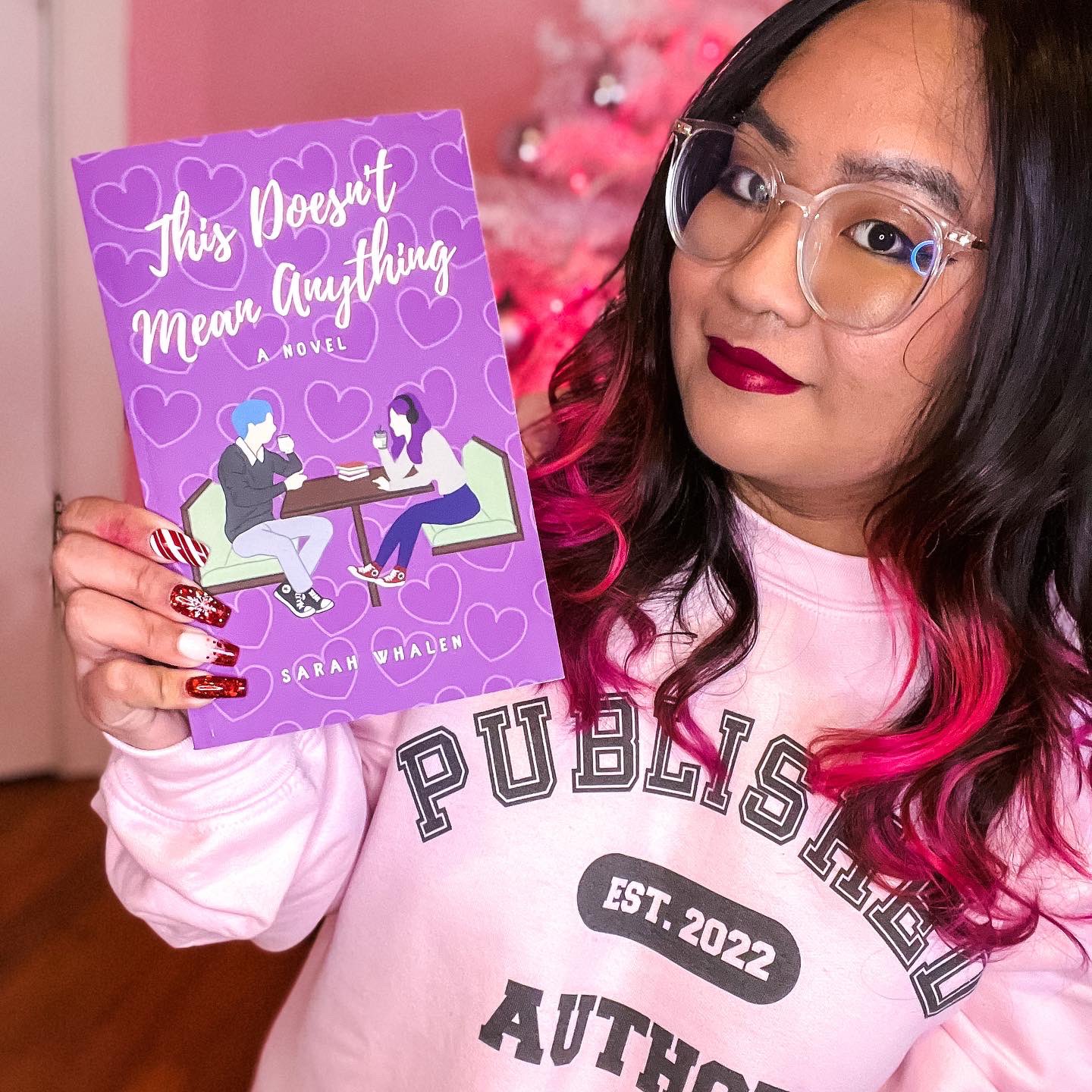
by Michele Kirichanskaya | Nov 8, 2024 | Blog
John Wiswell is a disabled writer who lives where New York keeps all its trees. He won the 2021 Nebula Award for Best Short Fiction for “Open House on Haunted Hill,” and the 2022 Locus Award for Best Novelette for “That Story Isn’t The...

by Michele Kirichanskaya | Apr 1, 2024 | Blog
Michael Paramo is a Xicanx researcher, writer, poet, and artist born and raised in the suburbs of southern California (on Tongva land) in a Mexican-American family. They created AZE in 2016, a platform that publishes the writing and artwork of asexual, aromantic, and...

by Michele Kirichanskaya | Mar 25, 2023 | Blog
Sarah Whalen is the author of This Doesn’t Mean Anything, the first of four interconnected books in the series. She writes ace-affirming love stories and grumpy girls who learn to let other people in. When she’s not writing or reading, she spends her time journaling...

by Michele Kirichanskaya | Jul 30, 2022 | Blog
Rebecca Burgess is a comic artist and illustrator working in the UK, creating award winning published and small press work. Along with drawing comics for their day job, Rebecca also loves drawing webcomics in their free time. Being autistic, they are particularly...

by Michele Kirichanskaya | Jul 24, 2022 | Blog
The Asexual Goddess is a YouTuber who makes content centered around Aromantic, Asexual and Agender topics as well as a wide range of other LGBTQIA+ topics. I had the opportunity for an interview with The Asexual Goddess, which you can read below. First of all, welcome...






